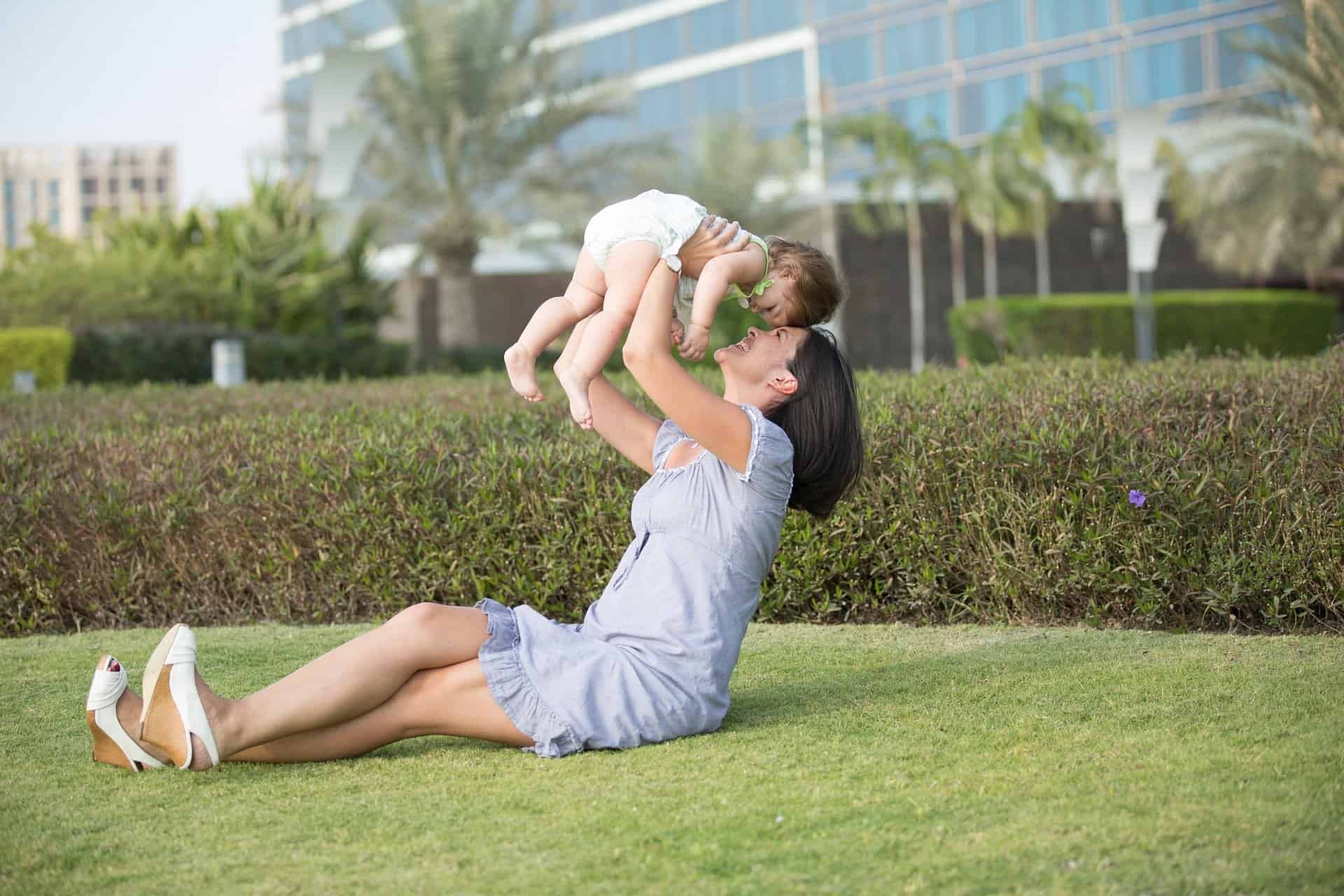There are a million ways to raise a child and experts publish new books each year to help parents and nannies. There are a lot of parenting techniques and buzz words, so let’s explore positive parenting. Positive parenting focuses on developing a strong, deeply committed relationship between parent and child based on communication and mutual respect. Positive parenting teaches children not just ‘what’ but also ‘why’. Positive parents help children gain self-control.
There are three major components to positive parenting:
- Parents focus on helping children internalize discipline, rather than obey orders based on fear of punishment, in order to develop self-discipline.
- Parents use active listening to understand children’s thoughts. This allows parents to correct misunderstandings or mistaken links of logic.
- Rules and consequences are laid out, discussed often, and consistently enforced.
Positive parenting is based on the concept of providing children an understanding of the ‘what’ and ‘why’ to help them learn to make good decisions. The parent or childcare provider doesn’t rebuke the child for being bad or making a bad decision, instead, they explain why the behavior is not acceptable and let the child know and experience the consequences of their actions. This makes misbehavior a learning opportunity. Parents and caregivers engage positively with the child to teach them acceptable behaviors and skills. The child learns to regulate their own feelings and make better choices in the future – reducing their mistakes and misbehaviors and boosting their self-esteem.
The principles of positive parenting involve helping the child:
- Learn to focus and demonstrate self-control
- Understand different perspectives
- Effectively communicate
- Make connections
- Understand and exhibit expected behaviors
In positive parenting, it’s important for parents and childcare providers to recognize and regulate their own feelings and behaviors before they respond to the children. Role modeling self-control and demonstrating appropriate ways to react to happiness, anger, embarrassment and fear help children learn. When parents themselves have control, they can then provide age-appropriate guidelines and limits for child behaviors. This helps children learn and develop their own focus and self-control.
Parents and childcare providers should respond with sensitivity to their children’s cues. This teaches children how to communicate effectively, especially non-verbally with their body language and facial expressions. Learning the proper names and pronunciation of words is also important. Effective communication helps children make connections. This is important for healthy relationships and ensuring children feel safe, loved and have confidence they can be successful. To help make connections, take time to listen to children as they share a story and be delighted in the moment when they are excited or happy. Take the time to sit with them and give them hugs when they are struggling or feeling sad.
Critical thinking is another positive parenting life skill. As children seek help to solve problems, parents and caregivers can help them gain resiliency and problem-solving skills. Instead of providing the answer or completing the task, take the time to teach children how to tie their shoes, and how to think about additional information they may need to make a good decision. It’s important to teach children how and when to ask for help from friends and adults.
Of course, as with any approach, there are some challenges associated with positive parenting. It is often difficult to speak calmly and respectfully when you are stressed. Stress can be the result of major or minor events – being cut off by another driver on the way to work, having a fight with your best friend, breaking off a relationship, dealing with a major illness or death of a close friend or family member. These can cause multiple negative feelings that impact your interactions with others. No one is perfect. Recognize that you are facing these challenges and do your best to project a cool, calm, and collected persona to the children.
No quick fixes:
As with many things in life, this parenting approach does not result in quick fixes to child behavior problems. Behavior modification takes time. Don’t be discouraged. Stay committed and focused and keep at it. Continue to positively reinforce the desired behaviors and you should see improvements. Don’t get discouraged if there are times when it feels you are going backward instead of forwards. Children do not learn in a linear manner and ups and downs are to be expected.
Like many parenting approaches, positive parenting is impacted by outside influences that include extended family, media and the child’s peers. Extended family members and neighbors may disagree with or not understand the approach. They may believe you are letting the child ‘run wild’ and that the children don’t suffer any consequences for misbehavior. The media influences everyone – adults and children alike. Media includes TV, films, music, print, and social media. The behaviors portrayed in the media are not necessarily the behaviors we want children to emulate. As a child ages, peer pressure will also become a challenge. Unacceptable behaviors may be ‘cool’ and enticing requiring appropriate consequences to be experienced by the child.
Also, the positive parenting environment requires a close adult-child relationship. Children need a supportive and nurturing environment in which to thrive. This philosophy requires healthy family communication that is both effective and respectful. Parents implementing this philosophy must come together and make conscious decisions about how they expect their children to behave.
Nannies can learn more about positive parenting and positive discipline by enrolling in the Basic Childcare program at the Nanny Institute.


Recent Comments